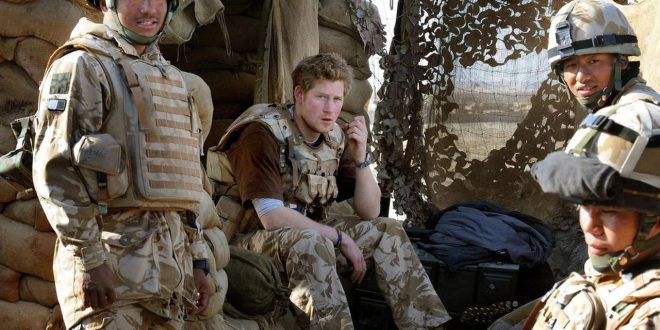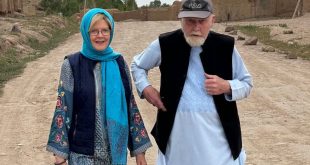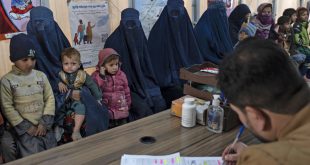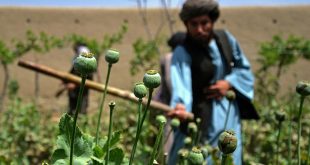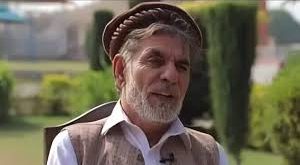AT News
KABUL – A senior Taliban leader, Anas Haqqani, has strongly condemned Prince Harry for his claims of killing 25 Afghans during his deployment as an Apache helicopter co-pilot in Afghanistan from 2012 to 2013. Haqqani rebuked the Prince for treating human lives as “mere pawns on a chessboard” and accused him of confessing to war crimes while lacking the decency to acknowledge the impact on the families of those he killed.
Prince Harry revealed the details of his actions in his memoir titled “Spare.” In the book, he disclosed that he eliminated two dozen Taliban militants during his time as an Apache attack helicopter pilot. The Prince admitted to feeling neither satisfaction nor shame regarding his actions. The revelation sparked outrage, with Taliban spokesperson Suhail Shaheen condemning Prince Harry for not only killing innocent Afghans but also boasting about it.
Shaheen expressed his dismay over the Prince’s lack of remorse and stated that Prince Harry should be ashamed of his actions. He criticized the contradiction between the claims of being advocates for human rights and democracy, while simultaneously engaging in actions that cost innocent lives. Shaheen further contended that the individuals killed by Prince Harry were not enemy combatants but innocent villagers, demanding that the Prince be held accountable for his actions in a court of law.
Prince Harry’s military service against the Taliban spanned two tours. Initially, he served as a forward air controller, calling in air strikes in 2007 and 2008. Later, he transitioned to flying an attack helicopter from 2012 to 2013. This incident marks the second time Prince Harry has faced criticism from the Taliban for his actions in Afghanistan.
The remarks from Taliban leaders reflect the ongoing tension and deep-rooted grievances between the Taliban and the international forces involved in Afghanistan. As Prince Harry’s revelations continue to spark controversy, it remains to be seen how this latest criticism will impact the wider discourse surrounding military interventions and the consequences of armed conflict.
 Afghanistan Times
Afghanistan Times
